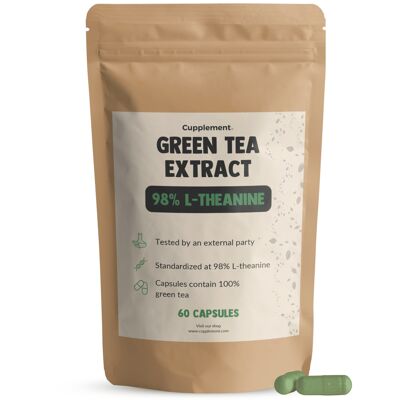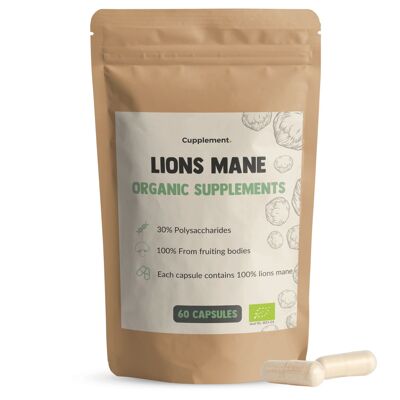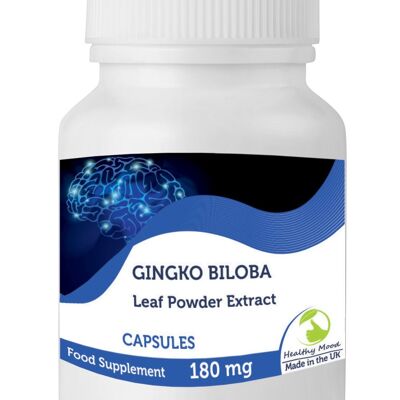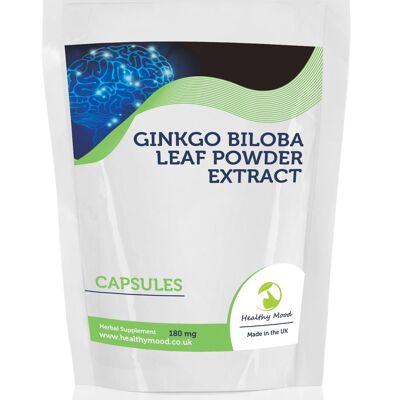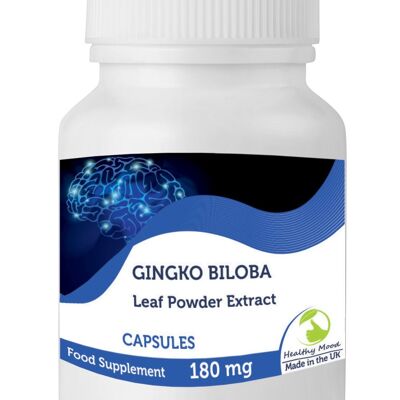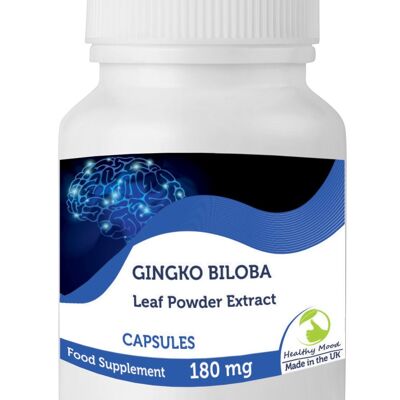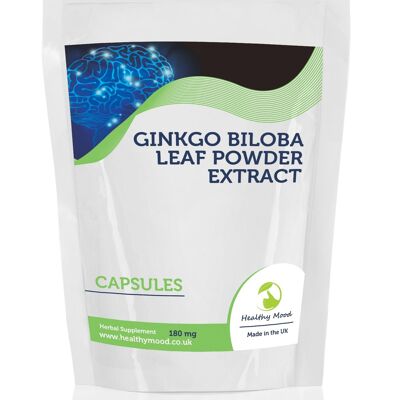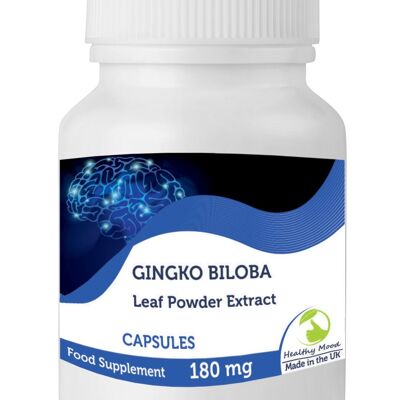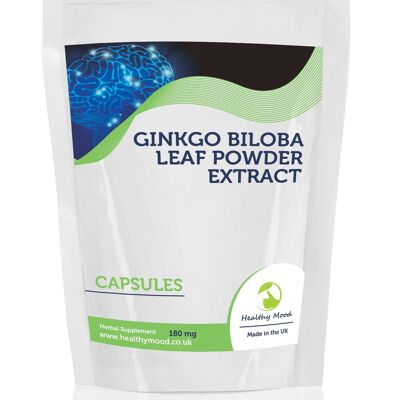


Cupplement - Ginkgo Biloba Capsules 60 Pieces - 50:1 Extract - 120 MG per Capsule - Ginko - Gingko - No Powder or Tablets - Vegan - Supplement - Superfood - Adaptogenic - Nootropic - Highly Dosed Ginkgo biloba, also known as the Japanese walnut tree or temple tree, is one of the oldest tree species in the world. Used in traditional herbal medicine for 5,000 years High concentration of active substances Promotes blood flow Product Details Ginkgo biloba, also known as the Japanese nut tree or temple tree, is one of the oldest living tree species in the world. Here is a more detailed overview of the origin and first use of Ginkgo biloba: Geographical Origin China: Ginkgo biloba is native to China. It is a living fossil, with fossil specimens dating back more than 270 million years to the Permian era. Spread to Japan and Korea:Because of its cultural and medical value, Ginkgo biloba was also widely planted at temples and monasteries in Japan and Korea. Historical Uses. Traditional Chinese Medicine: Leaves: In traditional Chinese medicine, the leaves of the Ginkgo tree were used to treat conditions such as asthma, bronchitis, and circulatory problems. Seeds: The seeds, known as “Bai Guo,” were used for their medicinal properties to treat such conditions as digestive problems and as a remedy for alcohol poisoning. Temples and Sacred Places: The Ginkgo tree was often planted at temples and sacred sites in China, Japan, and Korea. This caused the spread of the tree in East Asia. First Documented Uses. Buddhist Monks: Buddhist monks played a crucial role in the preservation and spread of the Ginkgo tree. They introduced the tree to temples and monasteries, planting it as a symbol of peace and longevity. Ancient Chinese Texts: The first documented medical use of Ginkgo biloba dates back to about 2800 B.c.,where it was mentioned in ancient Chinese medical texts such as the “Shen Nong Ben Cao Jing,” a classic text on medicinal plants. Dosage & Usage Take 1 capsule per day. Do not exceed recommended daily dose. A varied, balanced diet and a healthy lifestyle are important. A dietary supplement is not a substitute for a varied diet. Store in a dry and cool place. Keep out of reach of children. Some people may experience stomach problems and diarrhea if they take a lot of spirulina. It may also interact with other medications. Always consult your doctor before use.The use of spirulina is not recommended for:People with autoimmune diseases.People who are allergic to algae.Pregnant women.Breastfeeding women.People with gout.People with kidney stones.People with phenylketonuria. Nutritional Information Ingredients:100% Ginkgo Biloba Capsules. 50:1









